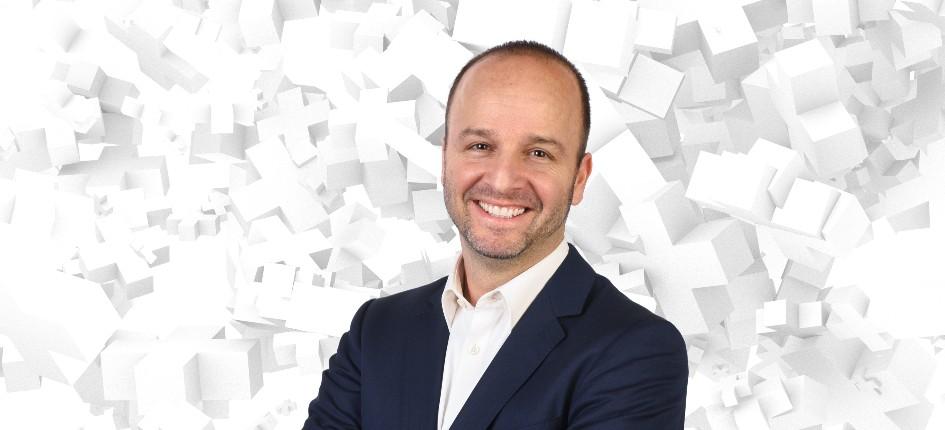How often are bureaucratic hurdles and corruption a topic in the requests you receive? How taboo is the topic among companies, or in the communication of Swiss companies with S-GE?
We are regularly approached about such issues during consultations. It is important to actively fight corruption. There are patterns that we are familiar with, and that are reported to us time and again from daily business practices. We raise awareness among Swiss SMEs in our consultation sessions. If there are doubts, we are able to take a closer look at the cases thanks to our global network.
What difficulties regarding bureaucracy and corruption arise when dealing with government agencies (especially in emerging markets)?
In emerging markets, customs clearance is often an area prone to corruption. Products are not always cleared promptly, and items that are sensitive to temperature (cold chain) may not be stored or handled in a compliant manner. An improvement is promised in exchange for an unofficial payment. We know of cases where customs clearance is only carried out more quickly for a "surcharge". And this is a real dilemma for companies with contractually defined delivery dates. Or Swiss companies are required to use a different customs tariff number, even though these have been harmonized globally. Not surprisingly, the tariff number proposed by the authorities entails a higher duty, and the difference ends up in the pockets of corrupt officials.
Bureaucratic hurdles also exist in the regulatory area. Transparency is often lacking here or the regulatory requirements are not precise enough and leave room for interpretation. And this leads to discussions, delays, rejections, extra costs, etc.
Above all in emerging markets, in regulatory terms, the "goalposts" are often moved: Rules are adjusted arbitrarily or unannounced. This is often the case without regard to deliveries in transit.
How do internationally active companies deal with corruption claims by persons/organizations based in the target country?
Many SMEs are aware of such "dangers" and have "introduced" a code of conduct against corruption. This should, and usually is, also used as a contractual component with the business partner in the target country. If you have even the slightest suspicion, we strongly recommend that you contact a local Swiss representative or us directly. We have the necessary network and the experience.
What measures do Swiss companies use to ensure that they do not fall victim to corruption?
On the one hand, good local business partners can play an important part in preventing corruption from even becoming an issue in the first place.
On the other hand, internal preventive measures, such as the code of conduct mentioned above, are advisable. Key statements of a code of conduct should preferably include the following points (not exhaustive):
- Reporting office within the company to which corruption or even just suspicion thereof can be reported
- Sanctions in the event of non-compliance
- Ensure that employees are aware of and trained in relation to the Code of Conduct.
- Monitoring of the implementation of the Code of Conduct
- Definition of any permitted "granting of advantages"
I also recommend reading SECO's recommendations regarding corruption: Information for companies (admin.ch). Basically, if a company deals with the issue consciously, a lot will already have been gained in terms of preventing and fighting corruption internally.






